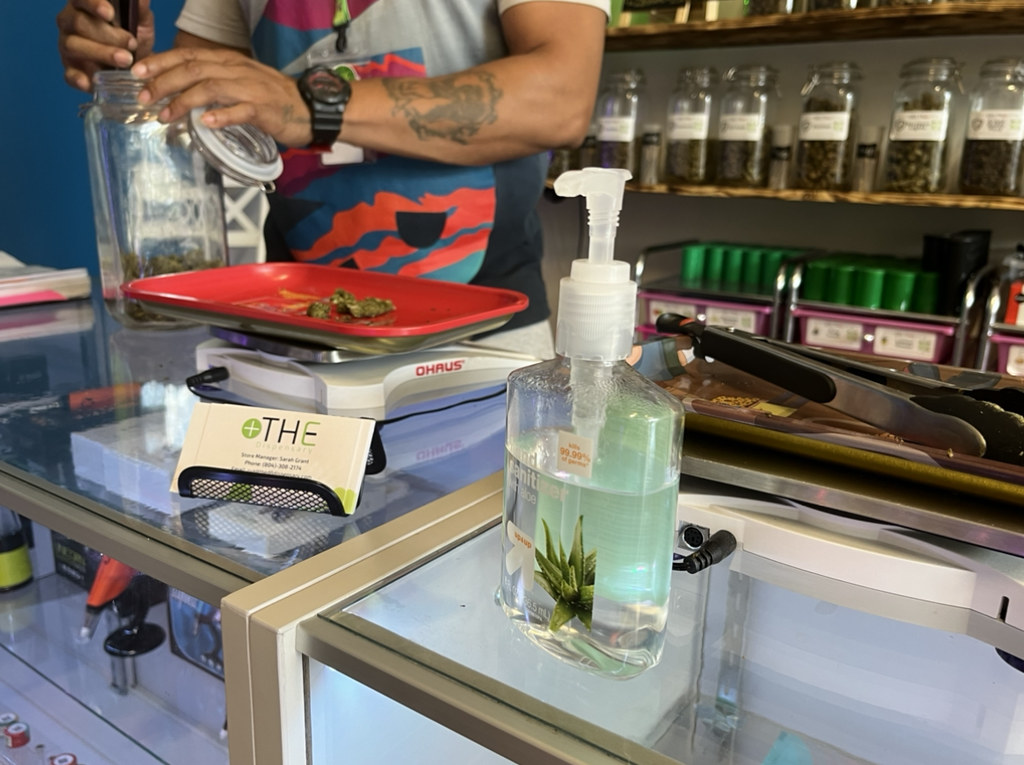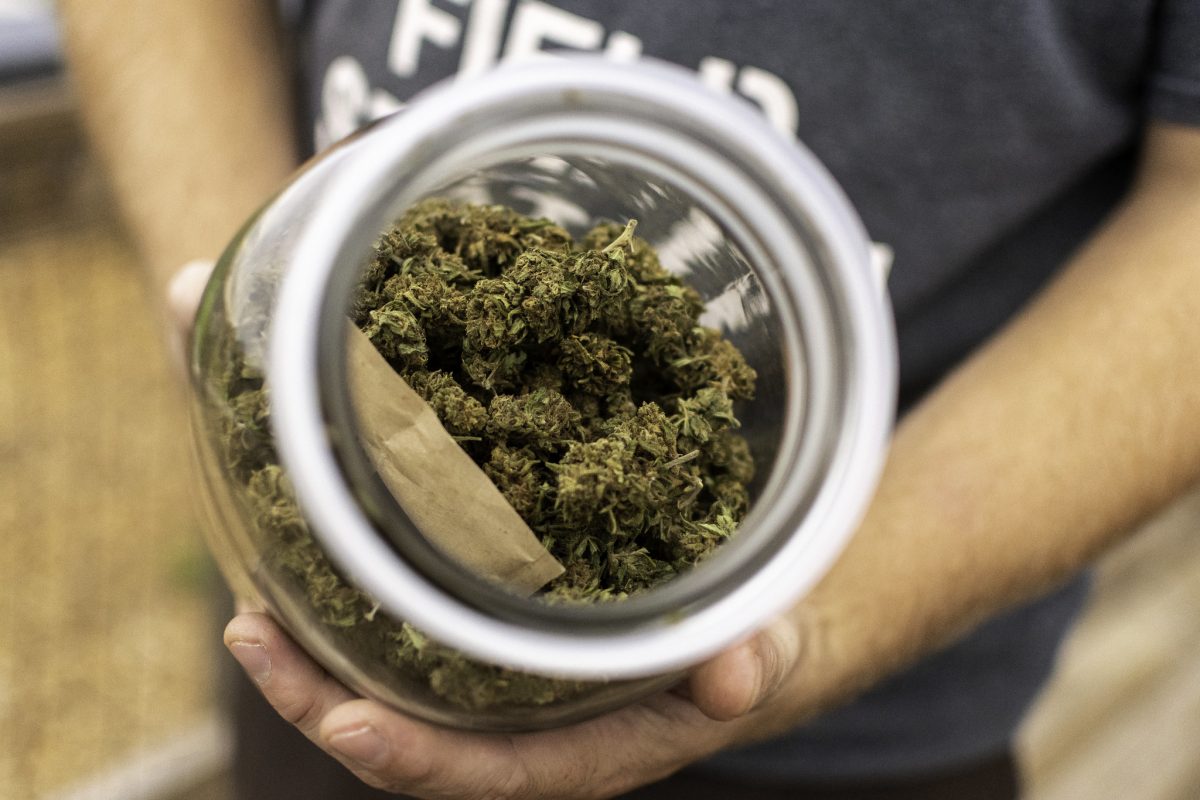Many small cannabis entrepreneurs say large companies are jockeying to lock them out of the industry and have funding that gives them more access to lawmakers. “Small businesses are the backbone of the country,” said Sarah Grant, general manager of The Dispensary in...





